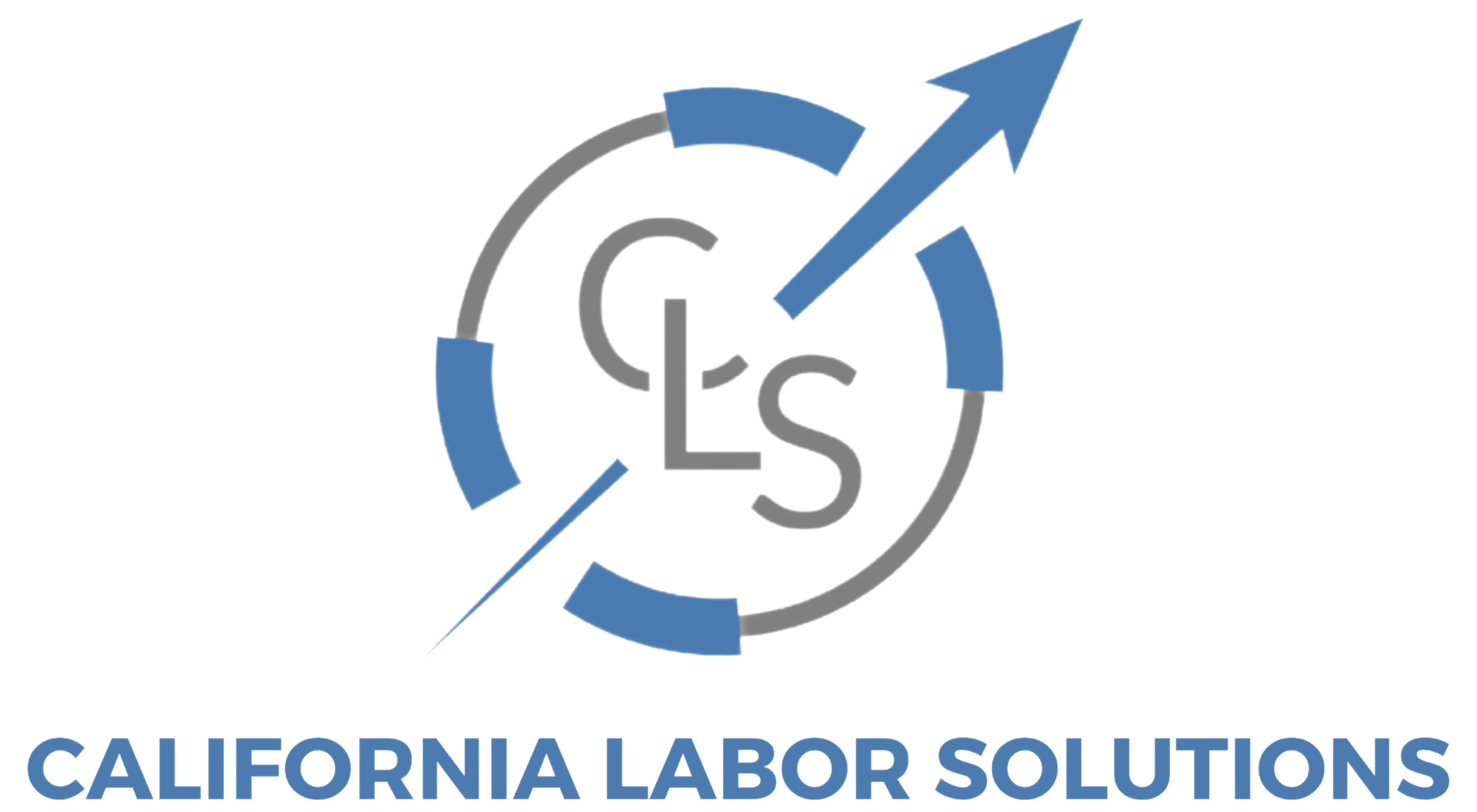Handling workplace complaints is essential for maintaining a productive, legally compliant, and respectful work environment. California’s strict labor laws require employers to take employee complaints seriously, whether they involve harassment, discrimination, retaliation, or other workplace issues. Mishandling complaints can lead to costly lawsuits, decreased employee morale, and damage to company culture.
This guide outlines best practices for handling workplace complaints, ensuring compliance with California laws while fostering a fair and transparent complaint resolution process.
Why Handling Workplace Complaints the Right Way Matters
Ignoring or improperly addressing employee complaints can create significant risks for businesses. Employers that fail to follow proper procedures may face:
- Legal liabilities due to non-compliance with California labor laws
- Lower employee morale and increased turnover
- Reputational damage that impacts recruitment and customer trust
- Workplace conflicts that disrupt productivity and team collaboration
By handling workplace complaints correctly, businesses can minimize these risks while promoting a positive and respectful workplace.
Steps for Handling Workplace Complaints Effectively
1. Establish a Clear Complaint Resolution Process
Employees need a structured process to report concerns without fear of retaliation. Employers should:
- Create a formal complaint policy that outlines reporting procedures
- Designate multiple reporting channels (e.g., HR, managers, anonymous reporting tools)
- Ensure employees understand the process through regular training
Having a transparent system helps employees feel comfortable speaking up about workplace issues.
2. Document All Complaints Thoroughly
When an employee raises a concern, proper documentation is crucial for both legal protection and effective resolution. Best practices include:
- Recording the date, time, and nature of the complaint
- Keeping all communications and interviews confidential
- Ensuring HR or a designated investigator maintains detailed records
Accurate documentation supports employers in case of legal challenges and helps track recurring issues.
3. Conduct Fair and Impartial Investigations
A proper investigation ensures that workplace complaints are resolved fairly. Employers should:
- Assign an impartial investigator who is trained in workplace investigations
- Gather evidence, including witness statements, emails, and HR records
- Maintain confidentiality while ensuring due process for all involved
Employers in California must conduct timely and unbiased investigations to comply with state laws.
4. Communicate Clearly Throughout the Process
Employees should be informed about the status of their complaint while maintaining confidentiality. Best practices include:
- Providing a timeline for the investigation and follow-up
- Keeping complainants updated on progress without disclosing sensitive details
- Ensuring transparency while protecting privacy
Lack of communication can create frustration and mistrust, making the situation worse.
5. Take Appropriate Action Based on Findings
If an investigation confirms misconduct, businesses must act promptly to correct the issue. This may involve:
- Disciplinary actions against responsible individuals
- Policy updates to prevent future incidents
- Training programs for employees and supervisors
Employers should ensure their responses align with company policies and California labor laws.
Legal Considerations for Handling Workplace Complaints in California
California has some of the strictest employee protection laws in the U.S. Employers must be aware of:
- Fair Employment and Housing Act (FEHA): Protects employees from discrimination, harassment, and retaliation
- Whistleblower Protection Laws: Prevent retaliation against employees who report misconduct
- California Labor Code 1102.5: Prohibits employers from retaliating against employees who report legal violations
Failure to comply with these laws can result in legal action and financial penalties.
Best Practices to Prevent Workplace Complaints
While effectively handling workplace complaints is necessary, preventing them in the first place is even better. Employers can:
- Foster a Culture of Open Communication – Encourage employees to voice concerns early.
- Provide Anti-Harassment & Anti-Discrimination Training – Ensure compliance with California laws.
- Implement Strong HR Policies – Keep policies updated and clearly communicated.
- Monitor Workplace Morale & Engagement – Address issues before they escalate into formal complaints.
By taking proactive steps, businesses can reduce the frequency of workplace complaints and create a more positive work environment.
California Labor Solutions: Your Partner in Handling Workplace Complaints
At California Labor Solutions, we specialize in handling workplace complaints with professionalism and legal expertise. Our team helps businesses establish complaint resolution processes, conduct impartial investigations, and ensure compliance with California labor laws.
Our Services Include:
- Workplace complaint investigation and mediation
- Policy development for complaint resolution
- Anti-harassment and compliance training
- HR consulting for employee relations
Protect your business and create a fair workplace today.

